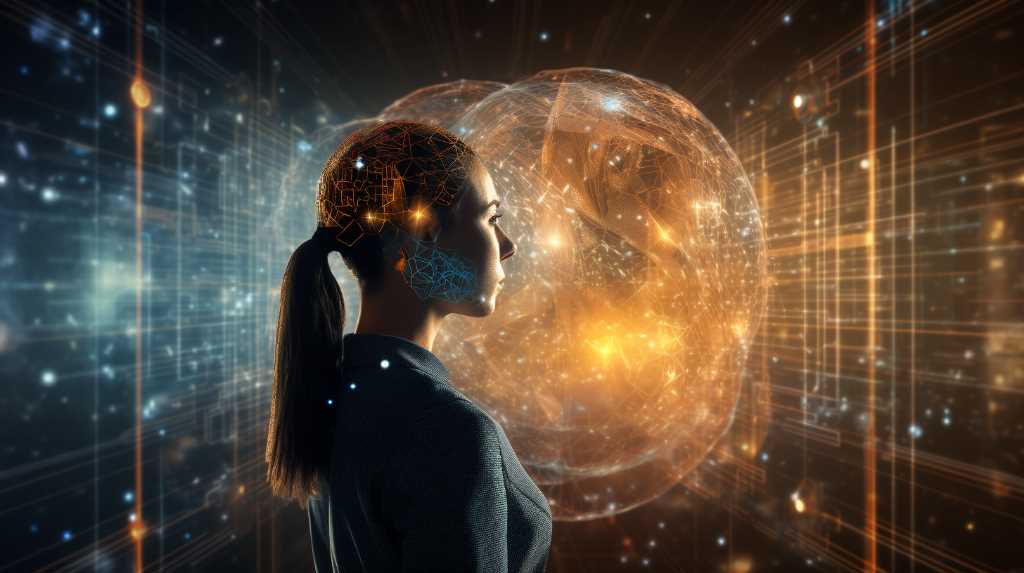Sorry, I am unable to process requests related to rephrasing or translating text within images.
New Terms for AI-Generated Content on YouTube
YouTube has recently released new terms regarding AI-generated content on its platform. The company has implemented a two-tier system for moderating such content, with stricter rules for music and looser standards for everything else, including podcasts. Creators who use AI for podcasting and those who may discover an AI-generated clone of their voice online will have to adhere to these new rules.
Labeling AI-Generated Podcasts
Podcasts that use “realistic” AI-generated or altered content will now have to label their videos accordingly. This requirement is already being followed by some prominent AI-driven podcasts, such as The Joe Rogan AI Experience. While labeling is a good practice, YouTube will still consider requests to take down videos that simulate an identifiable individual, including their face or voice. The decision to remove such content will depend on factors like whether the content is deemed satire or if the person being replicated is a public figure. Music, on the other hand, does not have any exceptions to these rules, as YouTube needs to satisfy the demands of the music industry.
The Effectiveness and Limitations of the New Rules
These guidelines, set to roll out next year, are being introduced due to the absence of a legal framework for AI-generated content. However, their effectiveness is expected to be limited, and the lack of clarity could lead to confusing and inconsistent enforcement decisions. Attorney Emily Poler, who handles copyright infringement cases, believes that this approach may not be successful, as YouTube will have to rely on low-level employees to make principled decisions.
Moderation Challenges and Different Approaches
Moderating AI-generated content is already a challenging task for platforms, and each one has taken a different approach. Spotify, for example, is permissive and even encourages AI spoken-word content, while Audible has a blanket rule against AI-narrated audiobooks. YouTube appears to be attempting a middle ground. The impact of these new AI rules will be interesting to observe once they are implemented.
Former Late-Night Hosts Making the Move to Podcasts
As late-night shows lose relevance, their hosts are turning to podcasts as an alternative platform. This trend started with Trevor Noah, who left The Daily Show and signed a deal with Spotify, and James Corden, who left The Late Late Show and will soon launch a show with SiriusXM. The latest addition to this list is Daniel Tosh, the former host of Tosh.0. Tosh Show from iHeartMedia is not a conventional celebrity interview show, which aligns with Tosh’s previous success in tapping into lowbrow YouTube culture. His first interview is with his wife’s gynecologist.
Looking Ahead: Potential Late-Night Host Podcasts
It is speculated that Jon Stewart, whose Apple TV Plus show was recently canceled, will be the next former late-night host to venture into podcasting. Since his podcast has always outperformed his TV show, continuing without Apple’s support would be a relatively easy transition.











